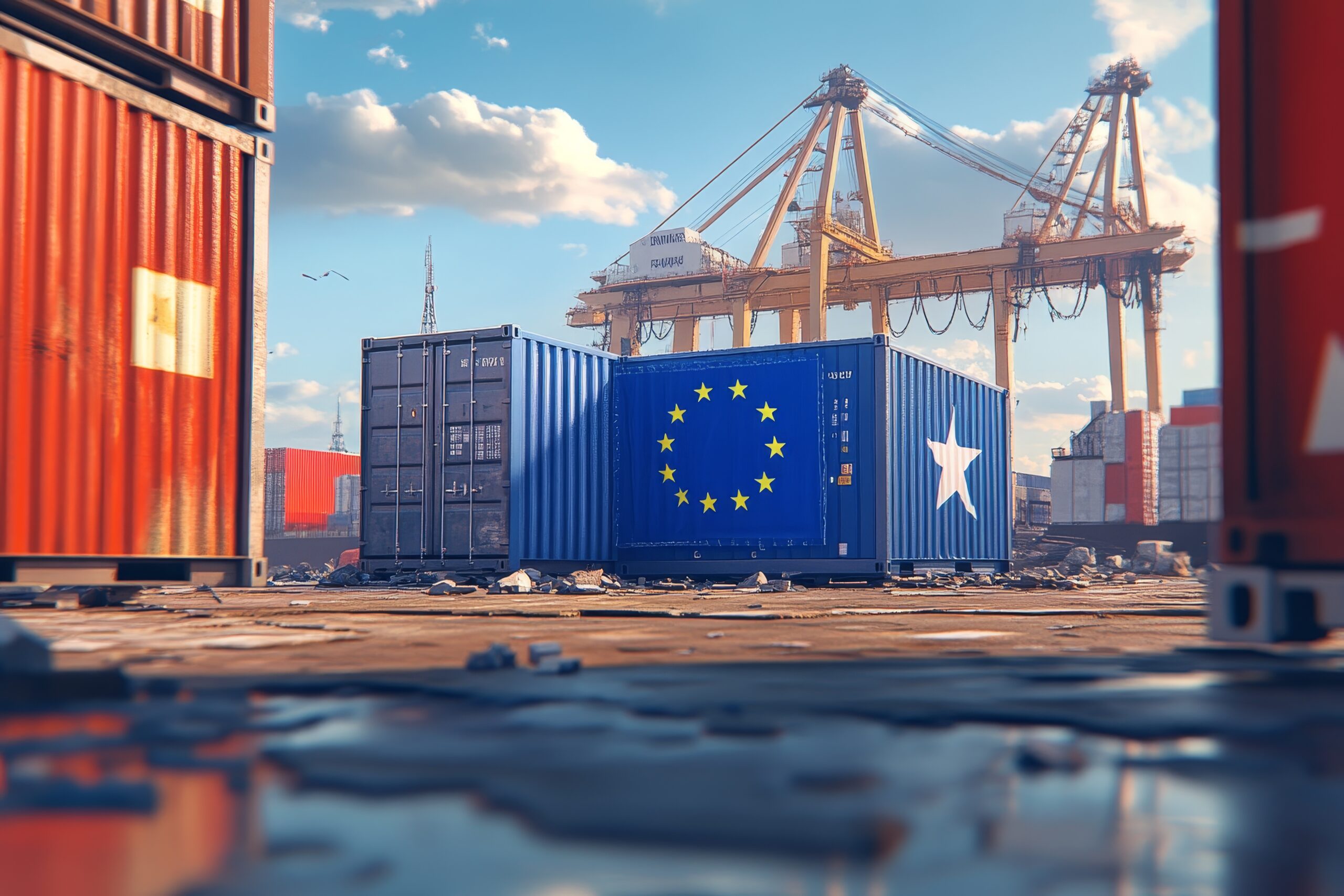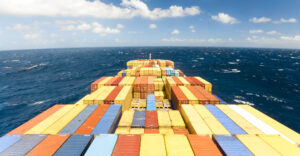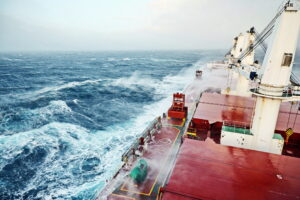A new study finds that European shipping is key for Europe’s security with around 35% of the global fleet. European shipping represents a geopolitical asset for Europe facilitating the export and import of goods, food and energy, a Deloitte study finds.
European Shipowners have released a Deloitte study on the EU Shipping Competitiveness and a CE Delft study on the economic value of European shipping.
As geopolitical uncertainty grows, European shipping should be viewed as a geopolitical asset in the region, solidifying the EU’s leading position in international supply chains.
Whilst the EU represents around 15% of the global GDP, the European shipping fleet is one of the largest in the world, representing around 35% of the world fleet in terms of global tonnage across all segments, a CE Delft study finds.
European shipping controls 30% of the world’s bulk carriers, 44% of container ships, 35% of tankers and 33% of LNG carriers, making it a leading force in global trade.
The Deloitte study highlights that the EU faces fiercer international competition as a preferred location for shipping activities today than ever before.
The study concludes that the current EU regulatory and taxation framework facilitates a competitive EU shipping sector.
However, it highlights significant areas for improvement such as closing the investment gap for the uptake of clean tech and fuels, reducing administrative burden, and aligning with international regulations.
“Investing the EU and national ETS revenues in clean tech and clean fuels will make the whole maritime industrial cluster more competitive” said Sotiris Raptis, secretary general of European Shipowners (ECSA).
According to the study, the earmarked revenues for the maritime sector under the Innovation Fund could be used to bridge the price gap between conventional and clean fuels and to support investments in clean technologies providing an additional incentive for suppliers to scale up industrial production in Europe.
Furthermore, the energy and digital transition will require to upskill and reskill an estimated 800.000 seafarers in the next 10 years internationally and according to the Draghi report, 250.000 seafarers in Europe alone.
“The European fleet and our tonnage have been growing, but others have been growing faster. For Europe to retain shipping as a geopolitical asset, we need to maintain its international competitiveness and invest in the energy transition,” added Sotiris Raptis.



